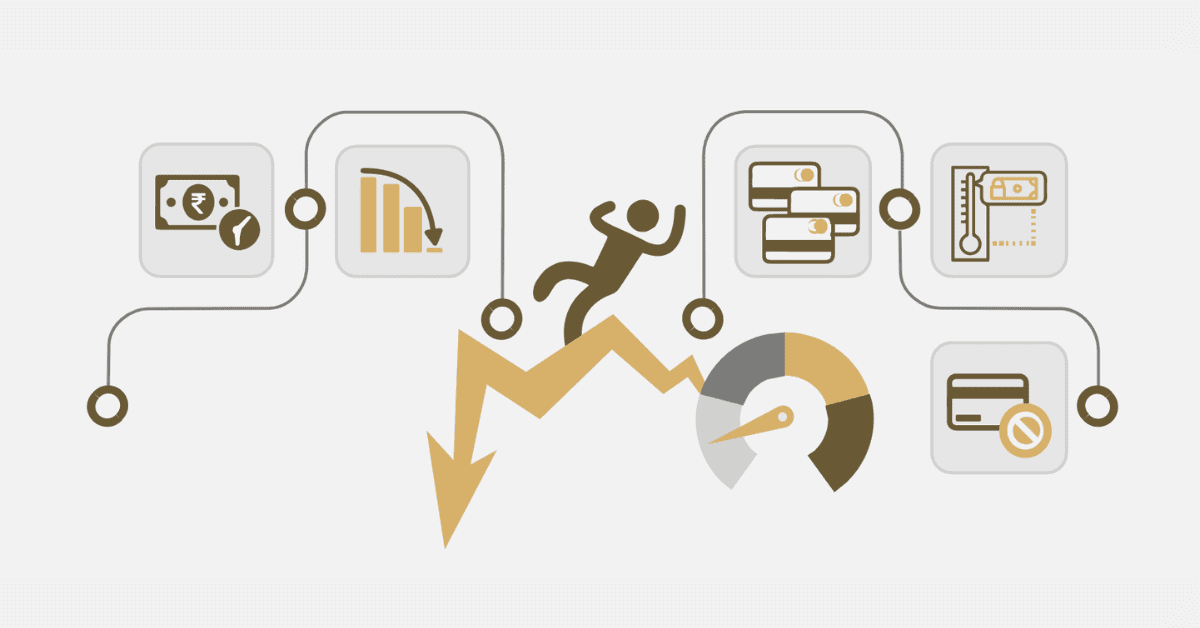If your credit score is so important to whether or not you can access lines of credit, why can no one agree on what your credit score is? It’s a question asked by many people. However, it shows a bit of a misunderstanding in what the credit score really is, and why it matters. Today we will dive a little deeper into why credit scores
Which Credit Bureau is Most Accurate?
No one credit bureau is the ‘most accurate’. They all use very similar financial data about your credit history to make their credit scores. If you pull your credit report with the major credit bureaus, you will find that they may vary by a point here and there, but they all reflect generally the same information and the scores are in a similar range. That is what really matters- the overall risk profile you present to lenders. The nitty-gritty of a point here and there doesn’t matter all that much! Every bank or lender has their favored bureau, and this varies widely.
Why do they differ, however? Firstly, there’s the matter of how quickly they get information. The major credit bureaus will eventually all receive the same information on you. They will probably reach similar conclusions about it, too. However, one may get your payment history faster, while another may get your new lines of credit quicker. Additionally, each bureau uses slightly different methods and algorithms to weigh and assess that data, and that will show in how they create your score. Over a rolling period, this can lead to small differences in the credit score you see on your report from each bureau.
However, don’t get too hung up on the exact figures! Having a 740 score or a 750 score isn’t that big a deal. What matters is that you are perceived as a very good credit risk at that score. You don’t need one bureau to be the most accurate. What you need is for them all to have the same idea about how risk-worthy you are- and for that idea to be good!
In short, spend the energy you are worrying about precise scores on improving your overall credit usage profile. This will have a ton more value to you over time than fixating on individual scores will.
Why are My ClearScore and Experian Different?
ClearScore is a third-party tool that aggregates credit data from two sources. While it uses Experian as a major source, it also uses data from ilion. This means your ClearScore report may look a little different from a report purely generated by Experian.
Why are my Experian and TransUnion Scores Different?
Are your Experian and TransUnion credit scores different? This variation in Experian and TransUnion credit scores (and indeed, between all credit bureaus) is not uncommon and can be chalked up to several factors:
- Different Data Sources: Experian and TransUnion receive information from different sources and even the same sources at different times. This leads to variations in the data each bureau uses to calculate your credit score. Lenders may report to one bureau and not the other, too, resulting in disparities.
- Scoring Models: Each credit bureau employs its own scoring model to calculate credit scores. While the general principles are similar, differences in algorithms, weightings, and how specific factors are considered can lead to small variations in the final scores.
- Update Frequency: The frequency at which credit information is updated can also differ between bureaus. If one bureau receives more recent data than the other, it will impact the accuracy and, consequently, the score.
- Credit Report Discrepancies: Discrepancies or errors on your credit reports may affect one bureau more than the other. This is why you should regularly check at least the ‘big 4’ bureaus reports for inaccuracies. Remember, you are entitled to one free credit report from every bureau every 12 months. They won’t come to you, however- you will have to actively ask for your report from each bureau or a trusted third-party source.
- Credit Account Variances: The types of credit accounts you have, their ages, and payment histories will differ between bureaus. It’s just a matter of reporting, but can have a small impact.
- Credit Utilization Differences: Credit utilization (the ratio of credit balances to credit limits) may vary between bureaus, impacting your credit score differently. Typically, aim for a utilization below 50%.
- Scoring Range Differences: The scoring range used by each bureau differs slightly. While both Experian and TransUnion use a range of 300 to 850, the interpretation of scores within that range varies.
In short, don’t worry about these small differences too much. It is better to take the ‘big picture’ approach and judge what each score says about your overall creditworthiness. Understanding that variations happen and are totally normal will help you interpret and manage your credit scores better.
Which Credit Score is Most Used by Lenders?
There are many, many credit bureaus in the world. Some focus on niche parts of the financial industry, like specific loan types. Others seek to present a more holistic version of your creditworthiness. Every financial institution that offers lines of credit will have a favored bureau they use, too. Imagine how long it would take to chase down the information otherwise!
Four major global credit bureaus operate in South Africa. These are the credit bureaus most lenders will approach first, and so they are the four that are worth monitoring carefully if you are trying to boost your credit score. These are TransUnion, Experian, XDS, and Compuscan. Of those four, TransUnion and Experian are the best known. Remember- don’t get hung up on the precise number you see on your credit report. Rather concentrate on the overall range the score falls in and what it says about your credit habits.
Having a variance in credit score across bureaus is normal, and nothing to worry about. So don’t let this little detail stress you out!


